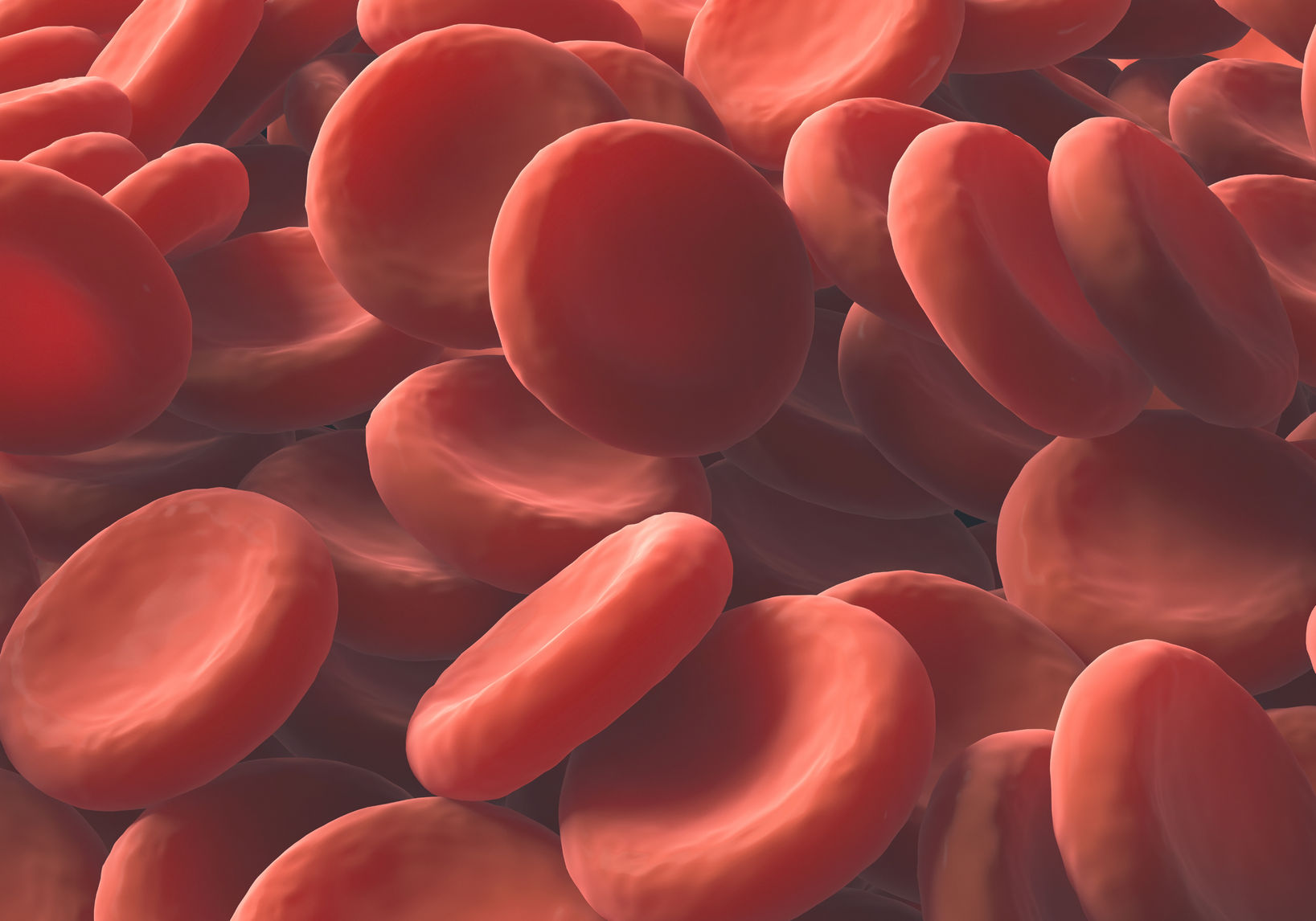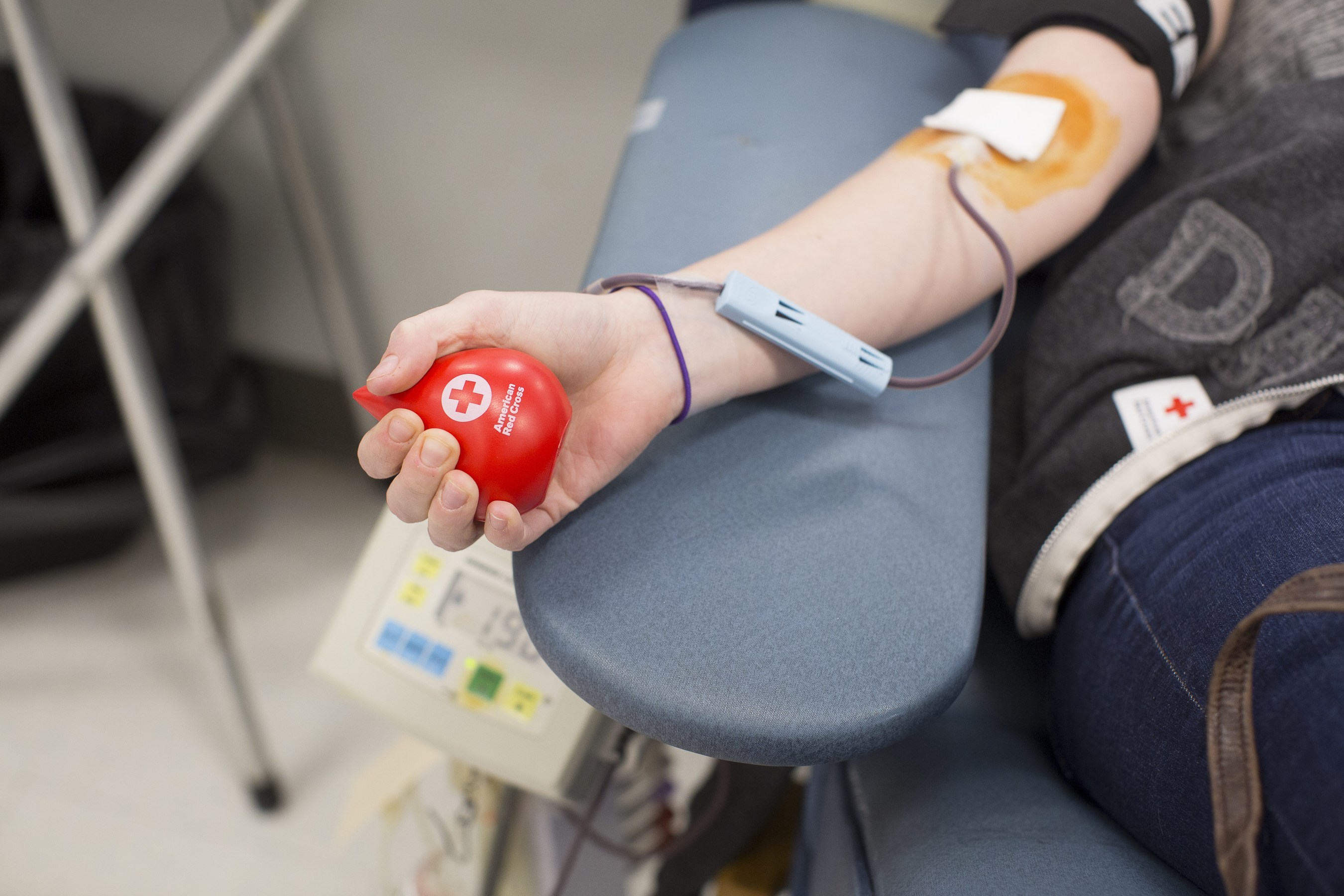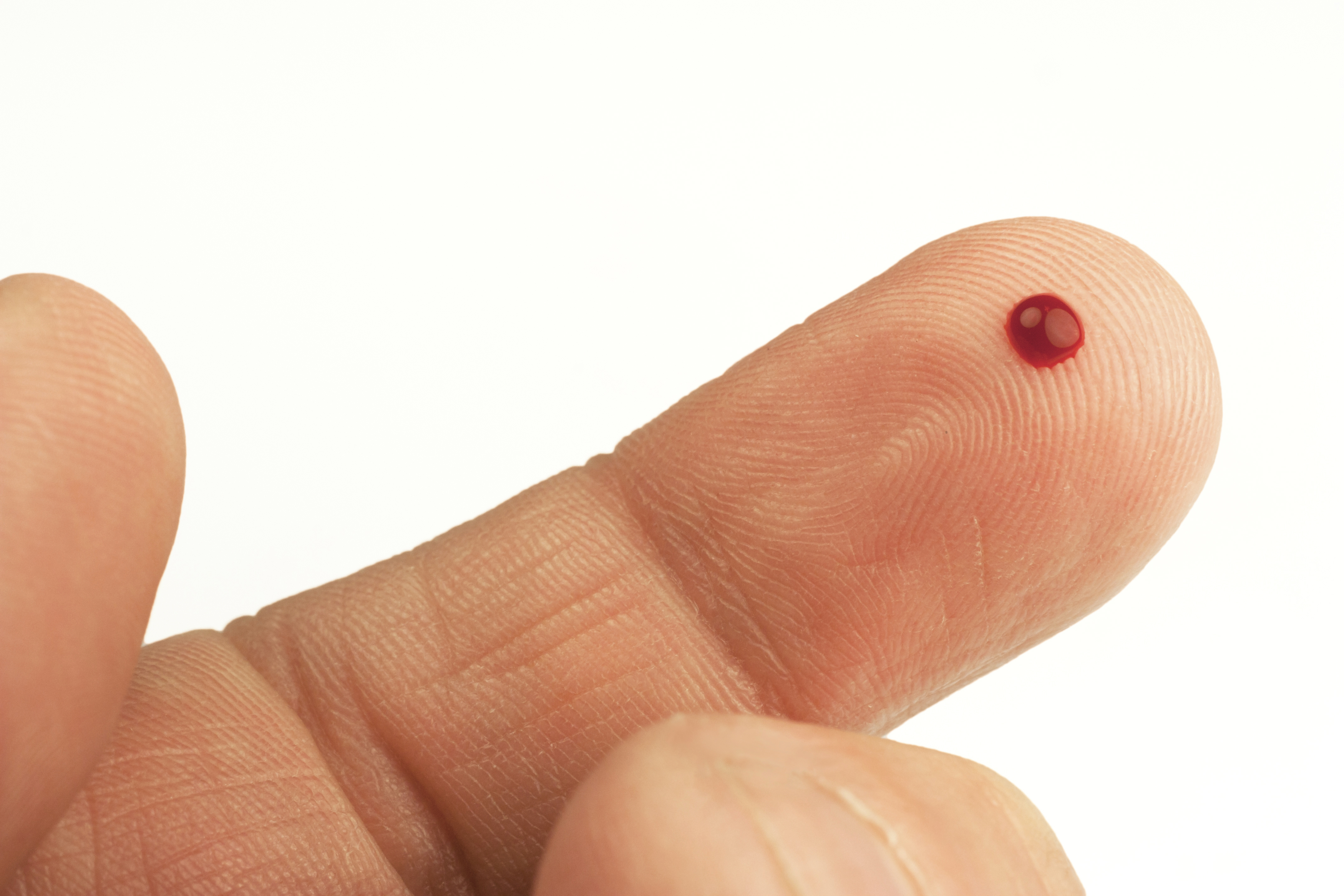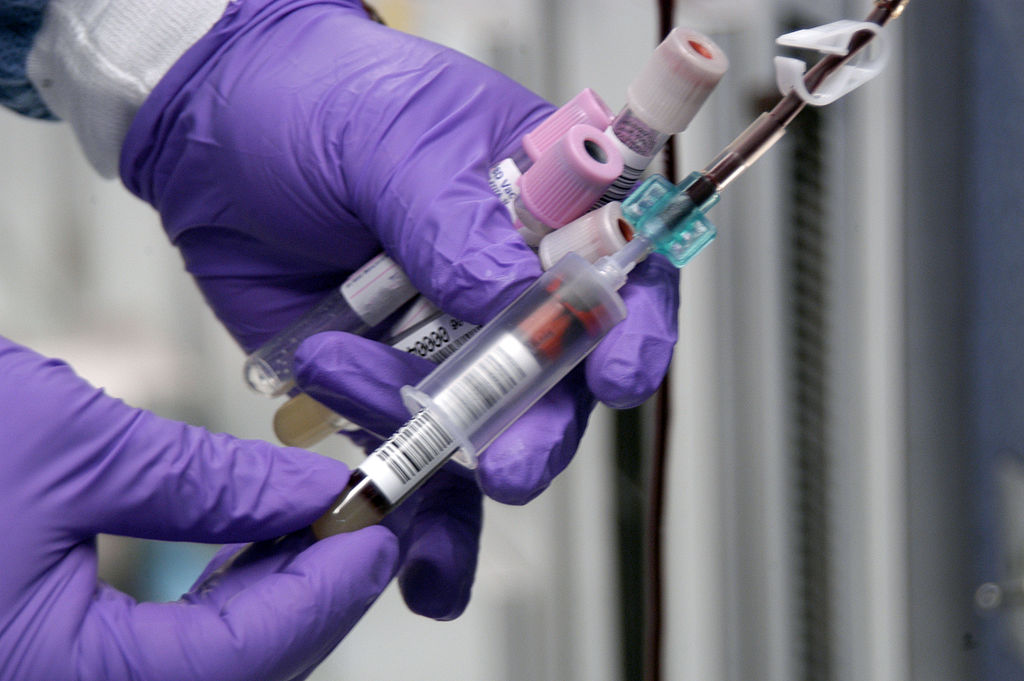If you have type-O blood, chances are you’ve been encouraged to donate regularly. That’s because this is known as the universal blood type because O-type blood can be transfused into any patient regardless of their own blood type.
However, the Red Cross’ reliance on universal donors may be significantly decreased in the future thanks to the discovery of bacterial enzymes capable of transforming type A and B into O-type. These enzymes were isolated from bacteria found in the human gut and are thought to be 30 percent more efficient at removing the A and B antigens from the surface of the blood cells.
“We have been particularly interested in enzymes that allow us to remove the A or B antigens from red blood cells,” said Dr. Stephen Withers of the University of British Columbia. “If you can remove those antigens, which are just simple sugars, then you can convert A or B to O blood.”
Withers and his team presented their findings at the recent National Meeting & Exposition of the American Chemical Society (ACS).
Changing one blood type into another is no easy feat. For one, the method used to perform the conversion needs to be inexpensive enough to warrant regular and widespread use, and safe enough to ensure the resulting blood contains no antigens which could trigger a dangerous immune response in the recipient.
In order to identify potential enzymes that would meet these criteria, Withers and his team collaborated with an ecologist to use metagenomics to study millions of microorganisms simultaneously. After identifying genes that encode sugar cleaving enzymes, the researchers used transgenic lines of E. coli to produce those enzymes.
“With metagenomics, you take all of the organisms from an environment and extract the sum total DNA of those organisms all mixed up together,” said Withers. “This is a way of getting that genetic information out of the environment and into the laboratory setting and then screening for the activity we are interested in.”
So why would certain strains of gut bacteria have the ability to remove A- and B-type antigens from blood cells? Those bacteria that produce enzymes capable of cleaving sugar bonds use this ability to remove sugar molecules from glycosylated proteins in the gut called mucins, which act as a food source. These bonds happen to be similar to the ones that attach A and B antigens to red blood cells, making them ideal for converting these blood types into O-type.
Withers and his team are now working on studying and producing these enzymes on a larger scale before they can be tested on blood samples destined to be infused into patients. They also hope to further increase the efficiency of the enzymes using a technique known as directed evolution.
“I am optimistic that we have a very interesting candidate to adjust donated blood to a common type,” said Withers. “Of course, it will have to go through lots of clinical trails to make sure that it doesn’t have any adverse consequences, but it is looking very promising.”
According to the American Red Cross, around 36,000 units of red blood cells are used each day during surgeries, emergency medical care and in the treatment of conditions like sickle cell disease, with someone in the country requiring a blood transfusion every two seconds. Since only seven percent of the population has type O negative blood, the Red Cross is in constant need of donations, particularly from universal donors.












Join or login to leave a comment
JOIN LOGIN